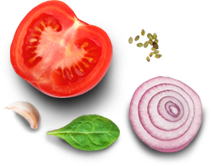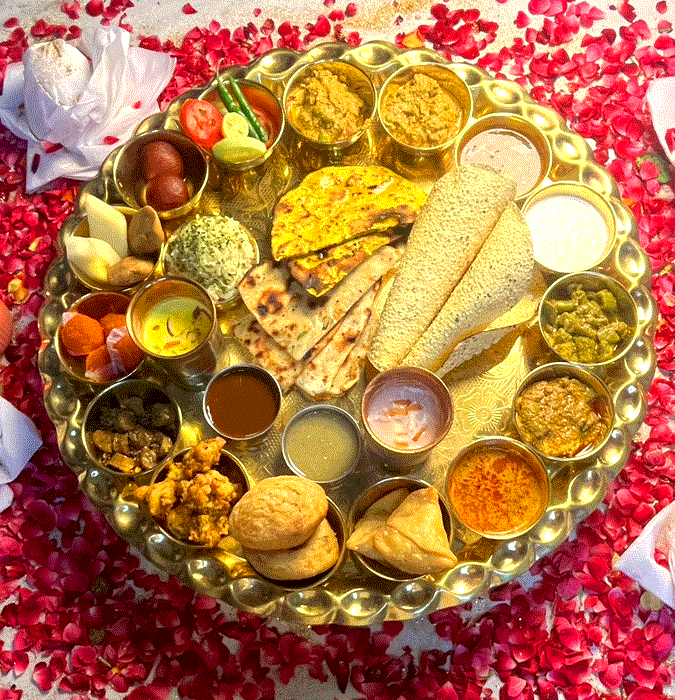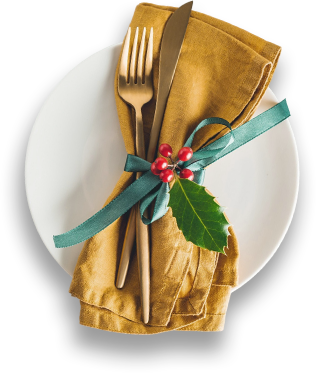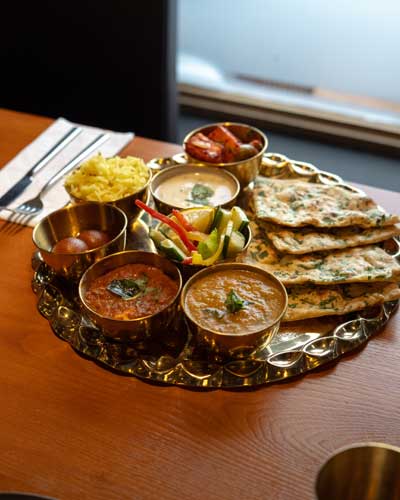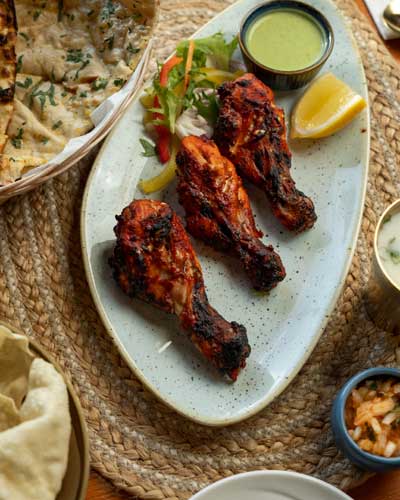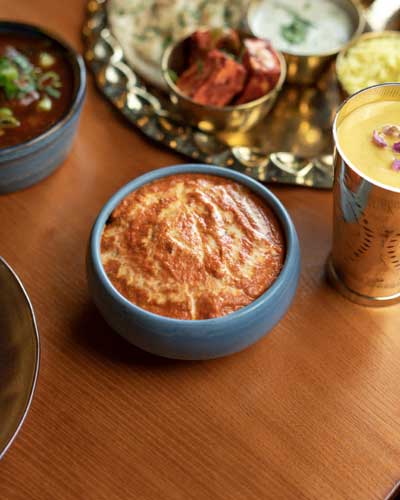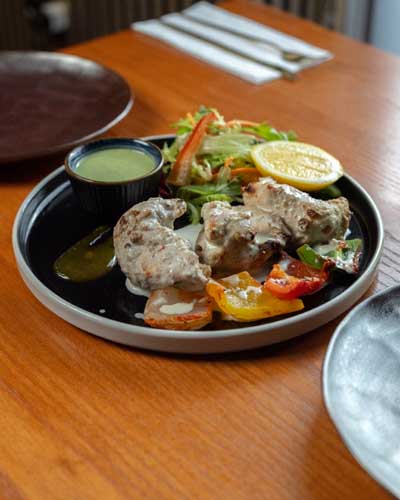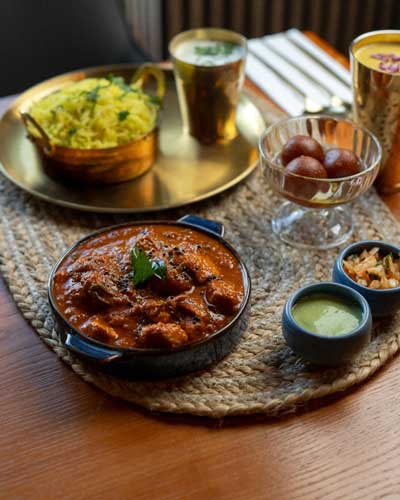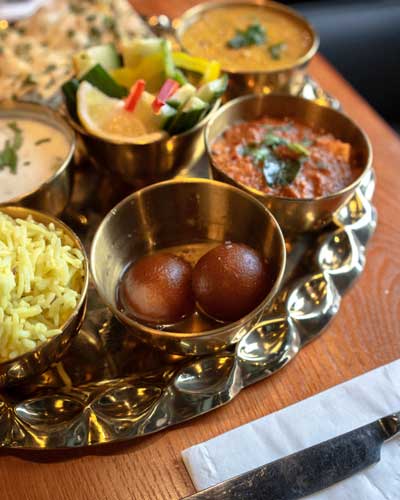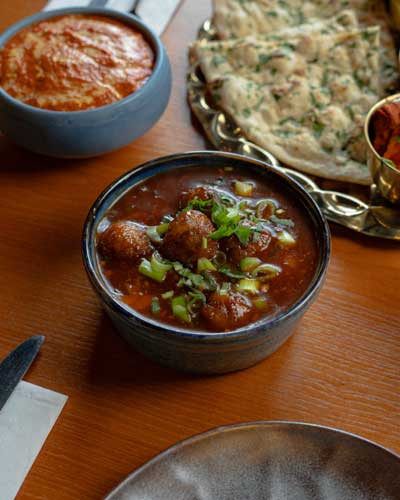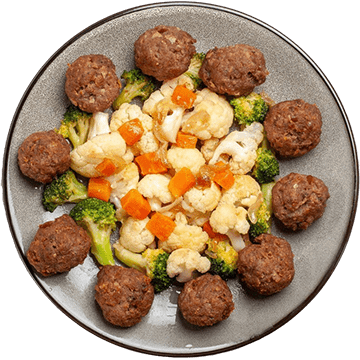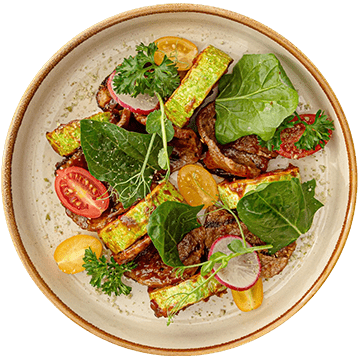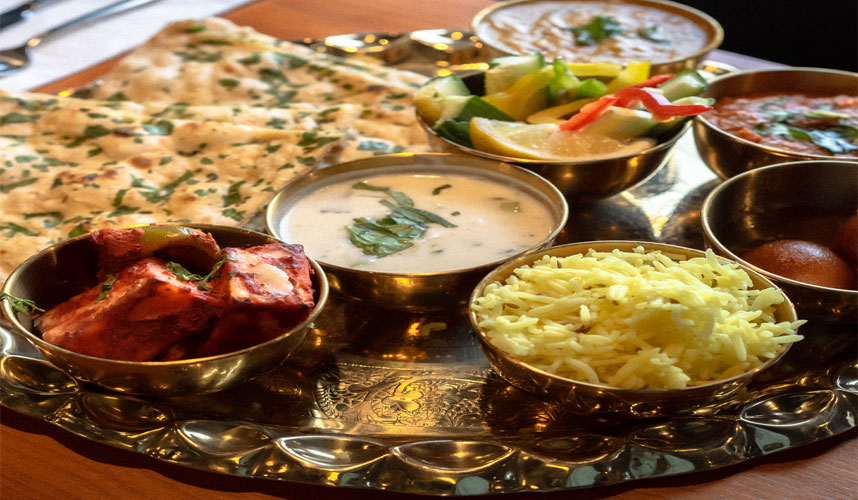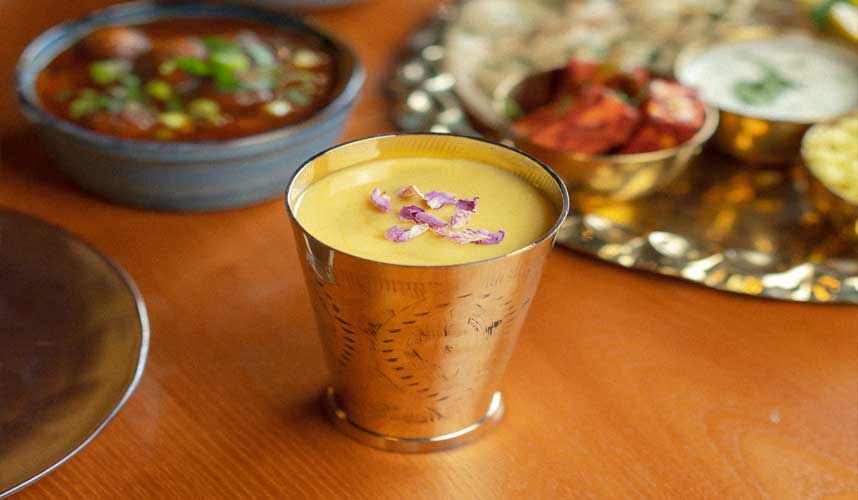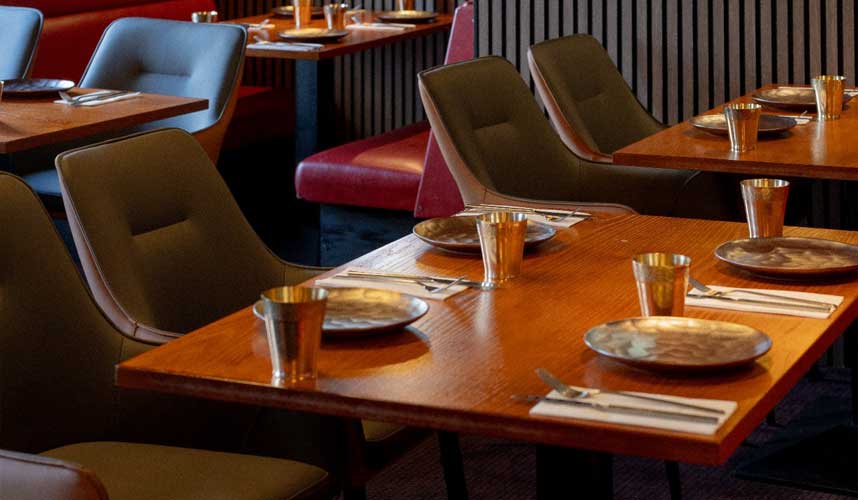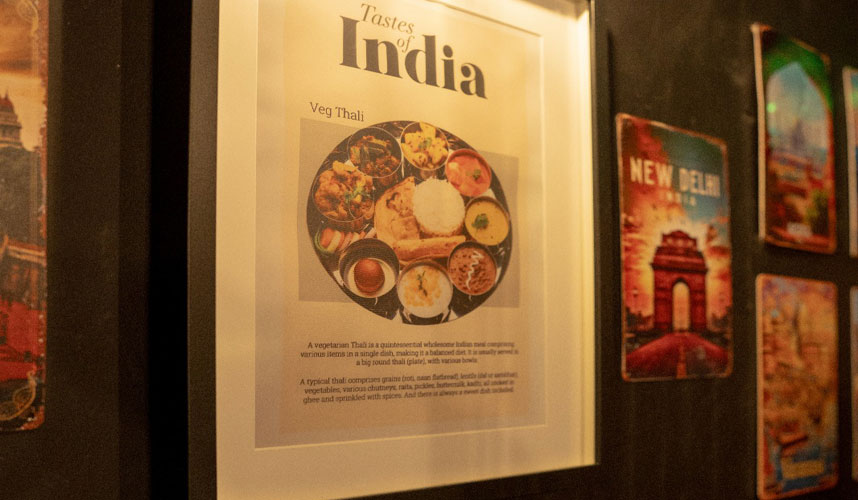In India, the word Goomti (also spelled Gumti, Gumathi, or Gumati) evokes something small, humble, and full of charm. Traditionally, a goomti refers to a tiny roadside shop or stall- the kind you’d find on a bustling street corner or along a quiet village path. These little wooden structures, often just big enough for one or two people, are the heart of everyday India. They sell everything from steaming cups of chai and spicy snacks to handmade trinkets and household essentials.
Across different regions, goomtis take on their own unique flavor:
North India (Uttar Pradesh & Delhi): a place for samosas and heartfelt conversations.
East (West Bengal & Bihar): a gumti dokan offering sweets, tobacco, or even handwritten letters.
South India (Tamil Nadu & Kerala): reflected in the beloved tea kadai or petty shop.
South India (Karnataka): the lively angaḍi or chaha-angaḍi, where tea, beedis, and conversations flow.
South India (Andhra & Telangana): the bustling tea bandi or panshan shop, serving strong Irani chai, biscuits, and endless adda (chats).
West (Gujarat & Rajasthan): in Gujarat, often called a ladu ni dukaan or masala no khokho (tiny spice stall); in Rajasthan, a colorful paan ki dukaan or festive melā khokhā.
Punjab & Haryana: the vibrant dhaba or thela, and the ever-familiar paan di dukaan where food, laughter, and music mingle with community spirit.
North-East India: from the cha pasal of Sikkim serving momos and tea, to the ja stem stalls of Meghalaya, the humble dokaan of Tripura, and the supari shops of Arunachal — each a gathering spot steeped in flavor and tradition.
Maharashtra: the cozy tapri — the corner shop where tea, snacks, and stories flow endlessly.
Odisha & Assam: the paan dokan or small cha er dokan (tea shop) at every turning.
Kashmir: the modest dokun or chai khan serving nun chai (salted tea) and bread, a hub of warmth in cold valleys.
Sindhi communities (Rajasthan & Gujarat pockets): the humble dukan or khokho, where papads, pickles, and snacks showcase Sindhi zest.





